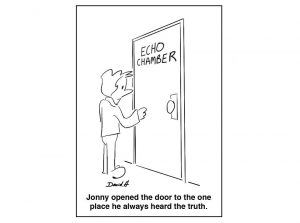As I have thought about spiritual milestones, I have concluded that such occasions are not always big, dramatic events. They may very well seem insignificant but as time passes their impact on our life becomes more and more apparent. There is one such occasion that comes to my mind.
It was in the 1970’s during a visit to Nashville that I was invited by a friend to attend Wednesday evening church. His church was not a typical Church of Christ but that was no deterrent. It was a time of questions and curiosity in my life. I was expecting a class experience that would satisfy my curiosity and questions. What happened was completely foreign to my church experience.
As the congregation gathered, the minister asked all the men come with him and the women were directed to another place. We followed him out of the church building to a building near by. We were ushered into a room that accommodated us but the quarters were close. I didn’t know anyone except my friend and had no idea what to expect. It certainly wasn’t a usual classroom setting. We were seated on the floor. The lighting was dim.
The leader of the session began to talk and share his relationship with Jesus. He encouraged others to reflect on their own experiences and thoughts about their relationship with Jesus. Men began to speak up and talk about their lives in ways that I had not experienced. There was emotion and passion, confession and repentance, prayers and tears. I was immersed in the moment. I was touched deeply, but I did not speak out.
That experience would seem inconsequential to many Christians in this day and time. For me, it was a small moment that had a lasting impact. It was like a first romantic kiss … awkward, a little repulsive, but oh so delicious … a taste that would linger …a glimpse of something mysterious and wonderful. It was discovery and the promise of adventure. I have remembered that event throughout the years and in that small moment; my eyes and heart were opened to wonderful possibilities of fellowship with Jesus and others who believe him. From then on, I could not be satisfied with less.
